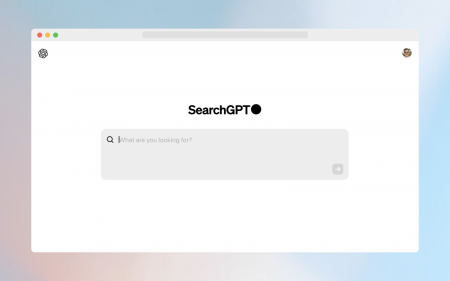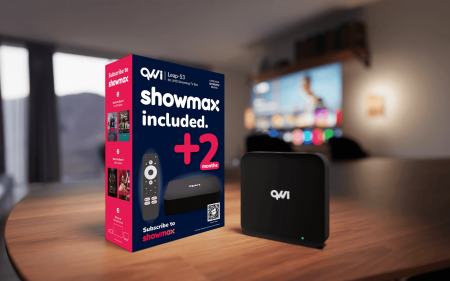Earlier this week, a collection of former Google Deepmind workers and former and current OpenAI staff released an open letter calling for whistleblower protection for those who want to warn about the “serious risks posed by these technologies”. According to those involved, these run up to “the loss of control of autonomous AI systems potentially resulting in human extinction”.
The open letter doesn’t offer up specific concerns but it does list a series of commitments the signatories would like AI companies to adopt. Everything mentioned revolves around protecting the livelihood of those who might express concerns about the development and adoption of artificial intelligence (AI).

AI we sure this is okay?
Considering how much money is being lobbed at the technology, a lot of folks have a lot to lose. Anyone taking a contrary position to the ‘AI is the future of humanity’ narrative is likely to face strong pushback from stakeholders.
The letter says as much, pointing out that “AI companies possess substantial non-public information about the capabilities and limitations of their systems, the adequacy of their protective measures, and the risk levels of different kinds of harm.”
“However, they currently have only weak obligations to share some of this information with governments, and none with civil society. We do not think they can all be relied upon to share it voluntarily.”
Government oversight of the AI industry is almost non-existent, a problem several notable figures (including Elon Musk) warned about when OpenAI’s ChatGPT first hit headlines. Without any effective regulation, there’s nobody to report concerns to except the public. Only… that risks the careers and lives of those voicing those concerns. Because money.
Read More: Humane’s AI Pin has somehow become an even worse product
“Ordinary whistleblower protections are insufficient because they focus on illegal activity, whereas many of the risks we are concerned about are not yet regulated. Some of us reasonably fear various forms of retaliation, given the history of such cases across the industry.”
At present, there are thirteen signatories on the open letter with only one current employee, Google Deep Mind’s Neel Nanda, willing to publicly post their name. Everyone currently employed by OpenAI has remained anonymous. This will probably remain the case until various companies commit to creating anonymous reporting systems, support open criticism, and promise not to retaliate against folks who publicly raise concerns that aren’t internally listened to. Nobody wants to be caught in a Boeing whistleblower situation*, after all.
*We’re not saying Boeing was involved but it’s weird that two whistleblowers have removed themselves from circulation.




